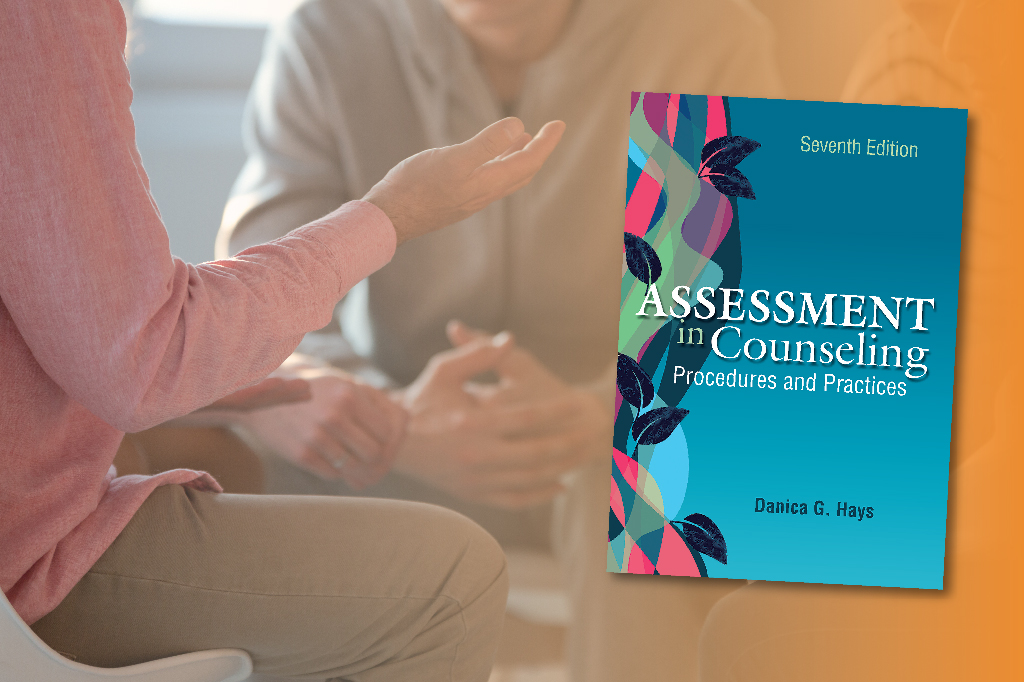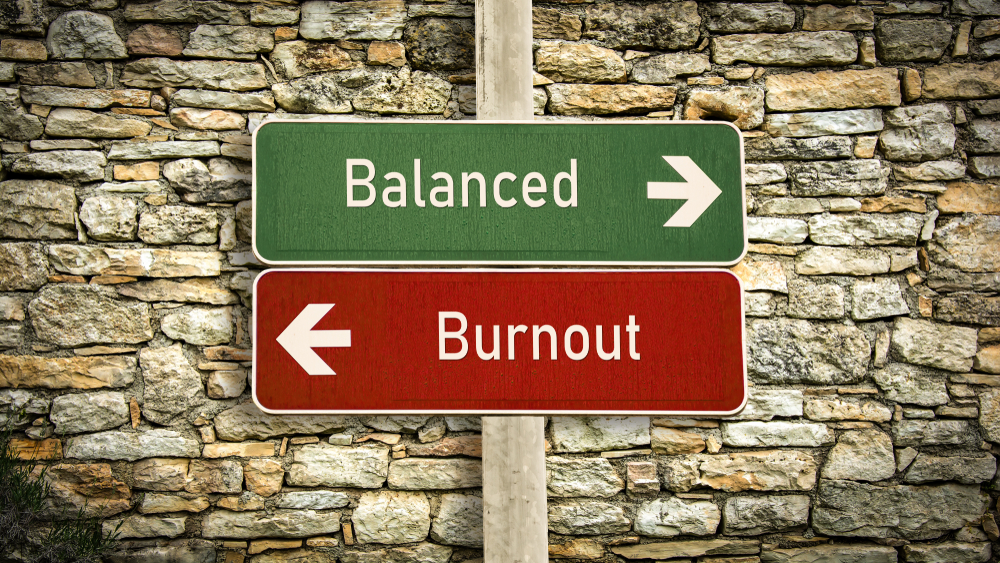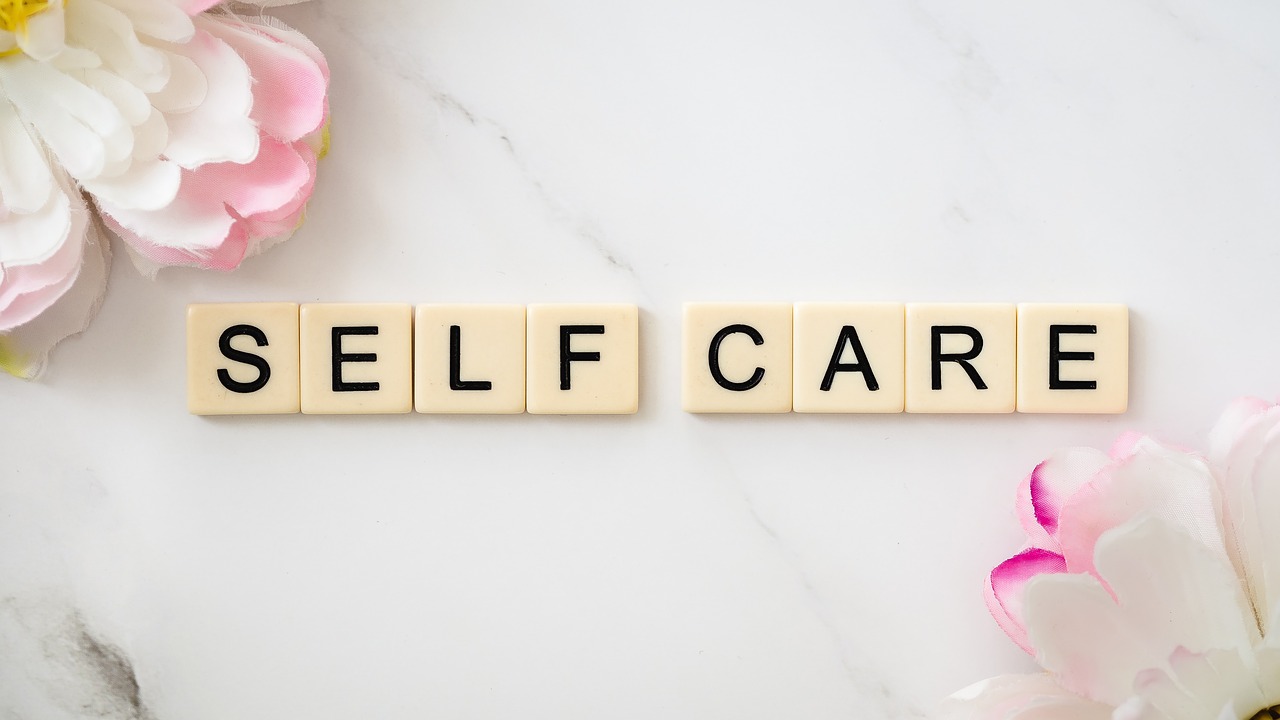
Highlighting the importance of mental health awareness
While one in five people will experience mental illness over the course of their lifetimes, everyone will face challenges that can and will affect their mental health. Observed every year on October 10, World Mental Health Day seeks to raise awareness of mental health issues and highlights efforts to support mental health.
Acknowledging the state of one’s mental health issues is important, and so is being able to seek help when you’re struggling. ACA has provided sharable graphics and resources to support counselors around the world who play a crucial role for those struggling with their mental health.
Related Articles from Counseling Today
General Public Resources from the Counseling Corner
How to Find a Counselor
So you’ve decided to get professional help for a personal struggle or a relationship issue. Finding the right type of provider and service can be daunting and confusing. How do you find a counselor?
Ideally, you should choose a counselor or therapist who specializes in addressing your particular issue. If you’re facing marital problems, for example, you want to look for a marriage and family therapist. If you’re struggling with anxiety, you should look for somebody who specializes in treating that disorder. Many counselors specialize in helping people with substance use disorders or addictions.
Finding a suitable mental health provider is increasingly challenging today. The demand for mental health professionals is projected to grow faster than the number of providers by 2025, according to an analysis commissioned by the American Counseling Association (ACA). People living in rural areas may face a particularly difficult time finding a counselor nearby. Some people assume they can’t afford mental health services.
But state and local governments, along with community organizations, often provide help for low-income households that lack health insurance. And there are many other sources that can help you find the right counselor. Here’s where to look:
Referrals
Your family doctor may provide you with names of counselors who can help. Medical professionals want to know how your mental health might be affecting your appetite, sleep and other physical functions. These areas provide you the opening to ask for a referral. A trusted religious leader or friend might also point you to some licensed professionals.
Your health insurance provider
Your insurance company’s website typically provides a list of practitioners who participate in your plan. Your state Medicaid office may provide a list of counselors who accept Medicaid payments. And Medicare lists participating providers on its website.
Your employer
Many companies and organizations have employee assistance programs (EAPs). Counselors participating in these programs provide free personal and family counseling, help with job performance issues and much more. EAPs typically offer a limited number of sessions for a particular issue, but your EAP therapist can refer you to a long-term provider if you need one.
Community resources
Your local health department or community mental health center provides services for free or on a sliding scale for people who can’t afford a counselor. Your state mental health department will likely prioritize individuals who meet certain low-income criteria.
Online sources
Check your local health department’s website for lists of mental health services in your area. You can also find affordable services through findtreatment.gov, a website provided by the federal Substance Abuse and Mental Health Services Administration.
Professional associations
Organizations representing mental health professionals may have a list of providers. ACA, for example, has compiled a list of places to find a counselor.
When you select a potential counselor, check the individual’s education, training and licensing. A license guarantees that providers have met the standards required by a state licensing board. Some states may have separate boards for different types of counselors.
Looking for more information? Visit the ACA website to learn more about counseling.




















